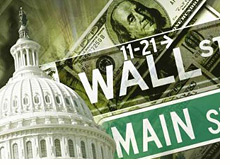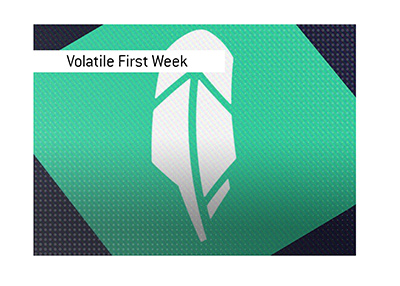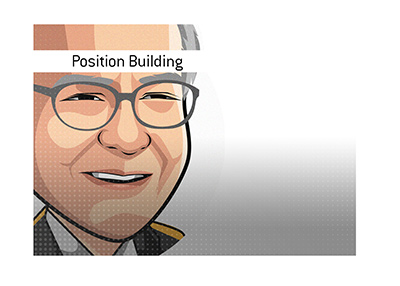April U-6 Unemployment Number was 15.8%
 The markets are rallying this morning after the April unemployment numbers were "better than expected".
The markets are rallying this morning after the April unemployment numbers were "better than expected".Market watchers were cheering the fact that the pace of job losses seems to be slowing, as "only" 539,000 jobs were lost last month. This wasn't as deep as the 620,000 number that was expected, and is the reason why the markets are rallying this morning.
A few key points that I'd like to mention:
1. The number was helped out by the federal government hiring people temporarily to work for the 2010 Census.
2. This number will likely be revised higher next month. Job loss numbers in both February and March, for example, were both worse than what was originally reported (the actual number in February was 681k compared to the 651k number that was originally reported, while the March number was 699k compared to the 669k that was originally reported).
3. The economy has lost 5.7 million jobs since the beginning of the recession.
4. The U-6 unemployment rate came in at 15.8% in April.
The U-6 unemployment rate is considered to be an "alternative" form of measuring unemployment in the United States. Some people consider the U-6 to be the true unemployment number.
The U-6 unemployment rate includes the following people that the U-3 number (which is the "official" number) doesn't:
1. People who want full-time work but have to take part-time jobs due to "economic" reasons.
2. Discouraged workers, meaning those who have given up on finding full-time work due to "job-market related reasons". A discouraged worker might be a stock broker who has given up on finding a job for now because the industry is in such bad shape.
3. Marginally attached workers, who are those who want a full-time job, have looked for full-time work recently but are currently "neither working nor actively looking for work".
The U-6 unemployment number, as mentioned, currently sits near 16%.
The U-3 unemployment number has risen from 7.2% in December of 2008, while the U-6 number has risen from 13.5% in December.
Does the slowdown in job losses indicate that the recession is coming to an end?
Are we bouncing off of the bottom of a V-shaped recession? Or will this end up being a W-shaped recession, which means that we will be in for another downturn?
Which industries will help to absorb the millions upon millions of people who are currently unemployed and looking for work?
Are you optimistic about the prospects of an economic recovery?
Filed under: General Market News



